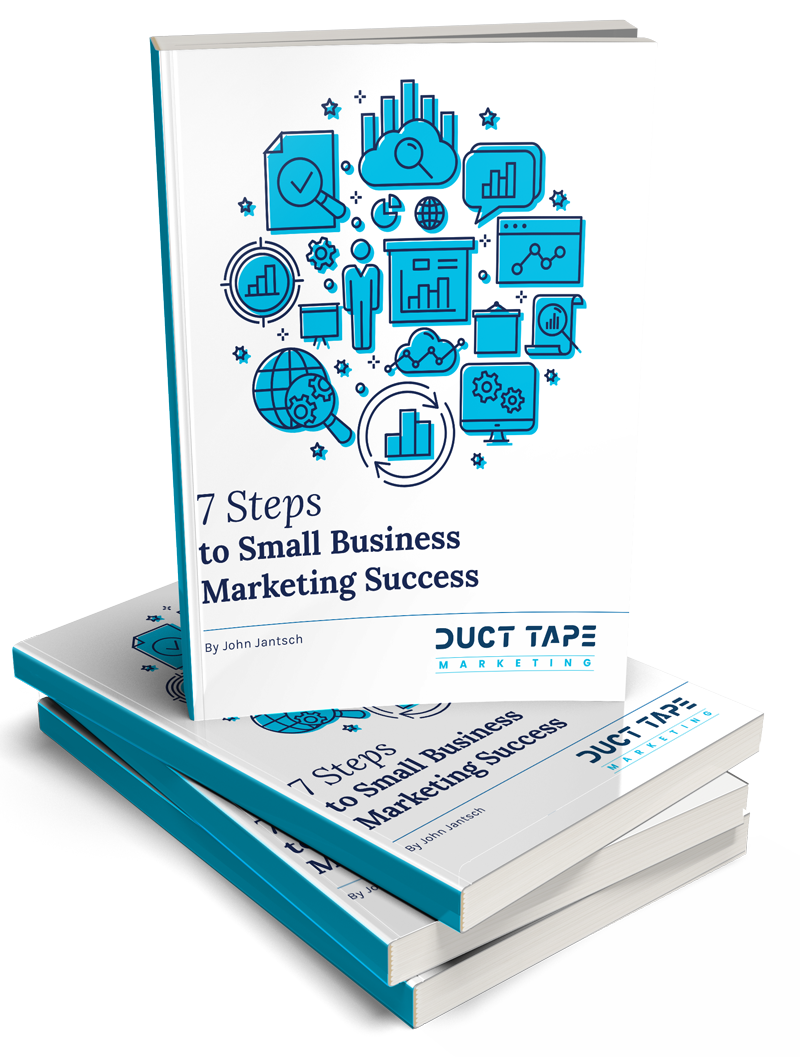The ultimate dream of any marketer is to go from “Hi, how are you?” to “And what form of payment will you be using today?” in 60 seconds or less.
But of course some of us wanted a pony for our 10th birthday too.
 The process, and yes it is a process, of gaining enough know, like and trust to make a sale is a thoughtful one. It certainly can happen by putting enough good stuff out into the world and having all of that come together in the happy accident that is a customer, but there’s a psychology that can be employed to make it happen in a more predictable manner as well.
The process, and yes it is a process, of gaining enough know, like and trust to make a sale is a thoughtful one. It certainly can happen by putting enough good stuff out into the world and having all of that come together in the happy accident that is a customer, but there’s a psychology that can be employed to make it happen in a more predictable manner as well.
The key is to engage your prospects in a series of small movements. You may not be able to go from awareness to purchase, but you may be able to move from to “okay, tell me more” and then to “hmm, this looks interesting” and then to the even more exciting, “I think you really get my problem.”
By creating a systematic path that asks your prospect to make tiny commitments you can involve them in a story of their own making and eventually earn the right to sell them your value laden products and services.
The following filters should be considered as you design your process to get little commitments.
Gain involvement
The first step is to engage them in process. One of the best ways to engage anyone is to ask a question with a personal interest. For example, which best describes you? Are you more of an X or more of a Y?
You can pose this question in a simple pop up form on your website and just by doing so you create a tiny commitment in the prospects that provide this information.
Personalized branching
The second step in the process is to then tailor information based on responses. Something we all crave is information that we believe is specifically tailored to our situation or need. And the fact is, scientific research has shown we are much more likely to trust and therefor believe information that we perceive as personalized.
Creating branching paths of information that allow people to personalize what they receive from you is a very powerful way to build trust. Many form tools, such as Wufoo, allow you to ask question one and then determine question two based on the answer to question one. So if question one is: Are you interested in information about sailing or fishing? Question two will be very different for those that answer fishing than those that answer sailing.
Your survey tool can also then redirect your prospect to a specific sign-up page that delivers a specific autoresponder series, based solely on their responses.
Help them trust their decisions
The final piece of this puzzle is the delivery of information tailored to the stated needs of the individual. Now, you can take this as far as you want or as false as you want. Studies have shown that people are much more likely to trust information that they perceive is tailored to their specific answers even if it’s actually generic. There’s something in us that wants to believe the information is true because we participated in its creation. (Think horoscopes)
I’m not suggesting that you lead people down a path that promises a custom solution and then deliver the same information to everyone, but I am stating this to demonstrate the power of tiny commitments. If someone has participated in a series of tiny commitments they are much more likely to want to believe they are now getting the perfect information for their unique situation, so help them trust this decision by giving it to them.
The way to get the most from this idea is to truly develop personalized sets of questions and complimentary sets of tailored information to move people to the point where their next commitment involves their wallet.



